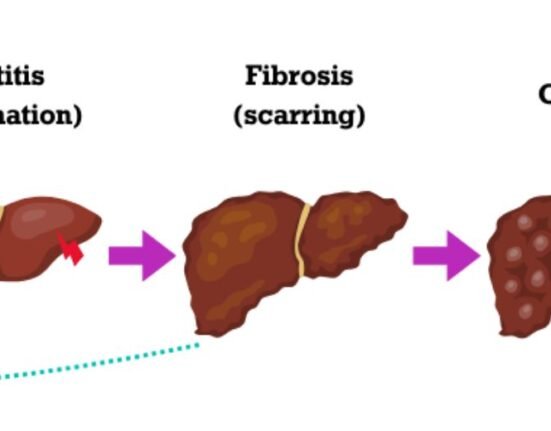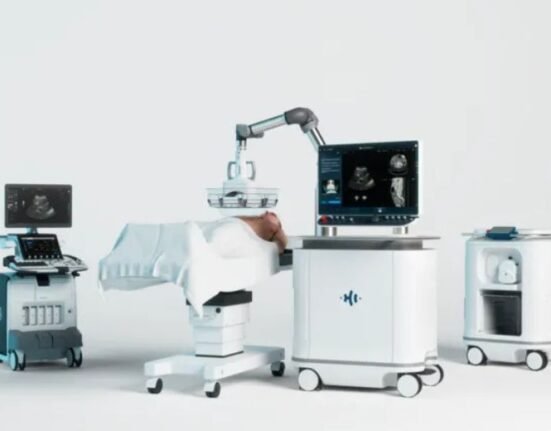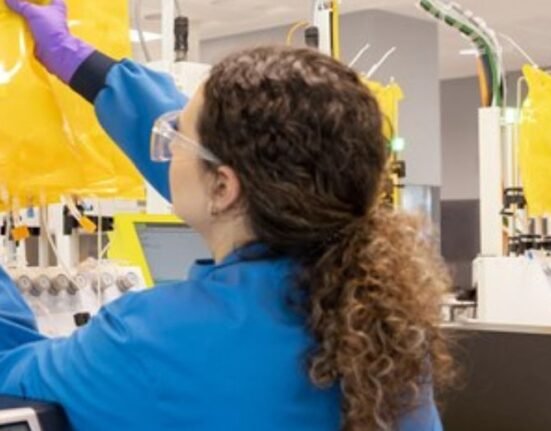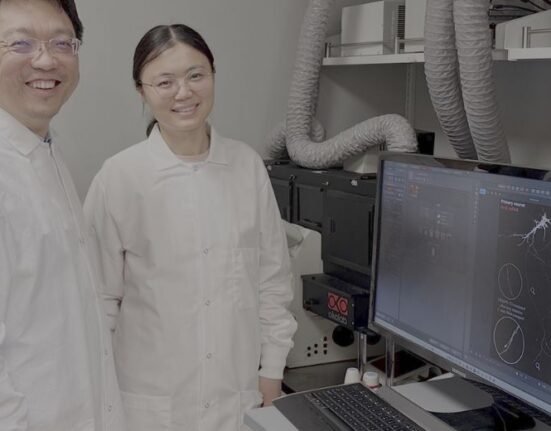HQ Team
September 25, 2024: IntraBio Inc, a biotechnology company focused on rare and neurodegenerative diseases, got the US regulator’s nod for a drug to treat a certain type of Niemann-Pick disease in adults and pediatric patients weighing about 15 kilograms.
The Austin, Texas-headquartered company is the second company, after Zerva Therapeutics, to get approval from the Food and Drug Administration this month for the neurological symptoms associated with type C of the disease.
Niemann-Pick disease type C is a rare progressive genetic disorder characterized by an inability of the body to transport cholesterol and other fatty substances or lipids inside cells.
This leads to the abnormal accumulation of these substances within various tissues of the body, including brain tissue. The accumulation of these substances damages the affected areas.
Progressive disorder
The disease can range from a fatal disorder within the first few months after birth (neonatal period) to a late onset, chronic progressive disorder that remains undiagnosed well into adulthood.
Most cases are detected during childhood and progress to cause life-threatening complications by the second or third decade of life, according to the National Organization for Rare Disorders.
On average, individuals affected by this disease live only for about 13 years. The disease is caused by changes (variants) in the NPC1 gene or the NCP2 gene and is inherited in an autosomal recessive manner.
The safety and efficacy of IntraBio’s drug Aqneursa (levacetylleucine) were evaluated in a randomized, double-blind, placebo-controlled, two-period, 24-week crossover study, according to an FDA statement.
The duration was 12 weeks for each treatment period. The study enrolled 60 patients.
The primary efficacy outcome was a modified version of the Scale for the Assessment and Rating of Ataxia (SARA), referred to as the functional SARA (fSARA).
Gait, stance, speech
The fSARA consists of the gait, sitting, stance and speech disturbance domains of the original SARA with modifications to the scoring responses.
On average, participants treated with Aqneursa for 12 weeks showed a better outcome in the fSARA score compared to when they were treated with a placebo.
The FDA has also warned that Aqneursa may cause embryo-fetal harm if used during pregnancy. The most common side effects are abdominal pain, difficulty swallowing, upper respiratory tract infections and vomiting.
IntraBio’s rival Zevra Therapeutics, Inc., was granted the FDA greenlight for its Miplyffa (arimoclomol) capsules for Niemann-Pick disease type C on September 20.








